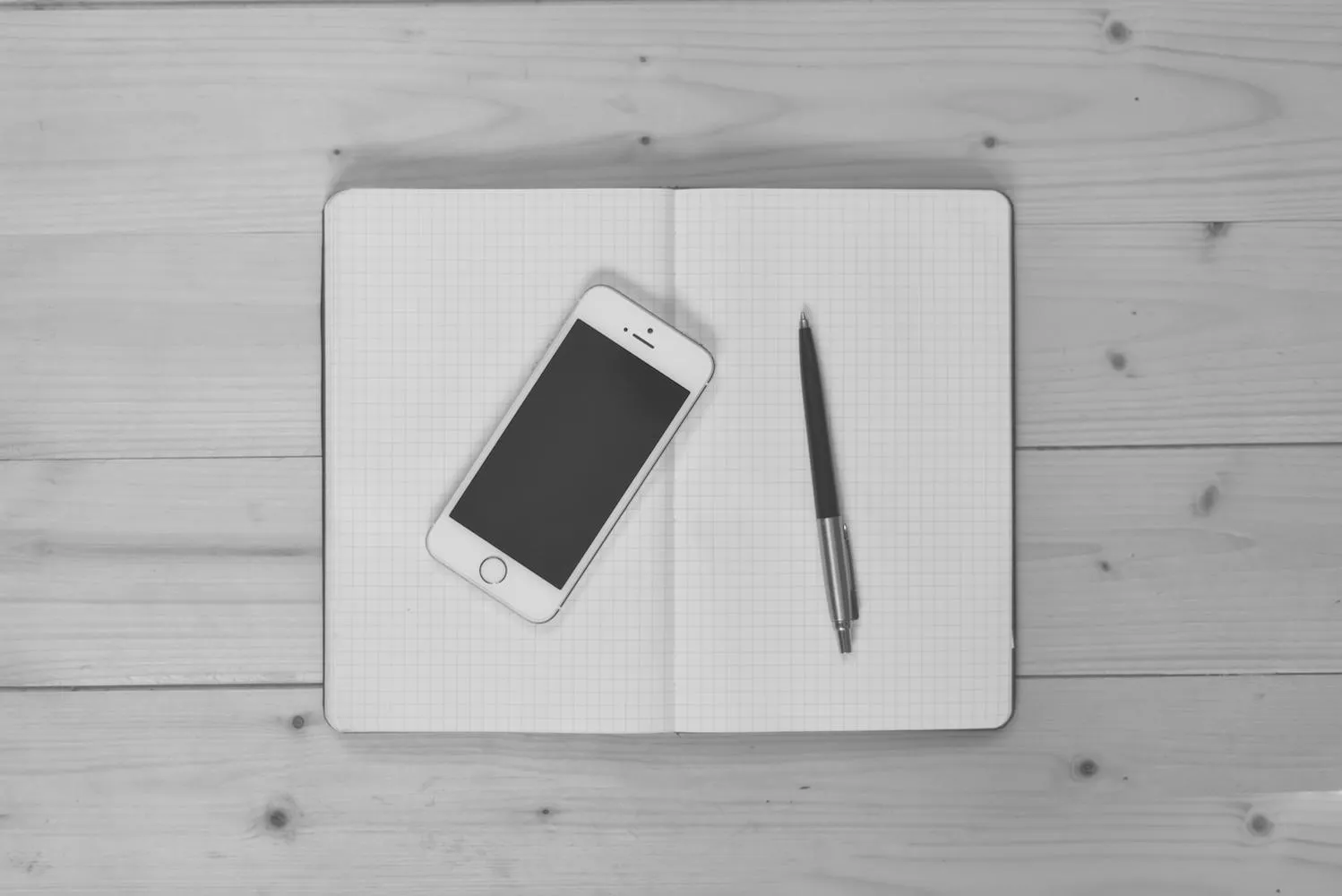Understanding the Importance of Effective Note-Taking
Effective note-taking is essential for retaining information and enhancing your learning experience. Whether you're in a classroom, attending a meeting, or conducting research, the ability to take concise and organized notes can significantly improve your comprehension and retention of material. By implementing the right strategies, anyone can become proficient in this skill, leading to better results in both academic and professional settings.
Key Strategies for Taking Effective Notes
To enhance your note-taking abilities, consider the following strategies:
- Active Listening: Pay attention to the speaker and avoid distractions. This allows you to capture key points more effectively.
- Use Abbreviations: Develop a system of abbreviations to save time and space when writing notes. For example, use "w/" for "with" or "b/c" for "because."
- Organized Structure: Utilize headings, bullet points, and numbering to create a clear hierarchy in your notes. This makes it easier to review later.
Note-Taking Methods
There are several popular methods for note-taking. Each has its pros and cons, so choose the one that best suits your learning style:
| Method | Description | Pros | Cons |
|---|---|---|---|
| Cornell Method | Divides the page into sections for notes, cues, and a summary. | Encourages review, organized layout. | Can require more time to set up. |
| Mind Mapping | Visual representation of concepts connected to a central idea. | Great for brainstorming, visually appealing. | Can be chaotic if not organized well. |
| Outline Method | Uses a hierarchical structure to organize information. | Clear and structured, easy to follow. | May not capture all details. |
| Charting Method | Organizes information into columns and rows. | Great for comparing data, visually clear. | Can be time-consuming to set up. |
Utilizing Technology for Note-Taking
In today's digital age, technology can greatly enhance your note-taking process. Various apps and tools are available that allow you to take notes more efficiently:
- Evernote: A versatile app that allows you to organize notes, clip web articles, and sync across devices.
- OneNote: A Microsoft product that integrates well with other Office applications and offers a flexible note layout.
- Notion: A workspace that combines notes, tasks, and databases, providing a comprehensive tool for organization.
Reviewing and Revising Your Notes
Taking notes is just the first step. Regularly reviewing and revising your notes is crucial for retention. Here are some tips:
- Schedule Regular Reviews: Set aside time each week to go over your notes to reinforce your learning.
- Summarize Key Points: After each review, write a brief summary of what you learned to reinforce your understanding.
- Engage with the Material: Try to teach the content to someone else or discuss it in a study group to deepen your understanding.
Common Mistakes in Note-Taking
Even experienced note-takers can fall into common traps. Avoid these mistakes to enhance your skills:
- Writing Everything Down: Focus on key points and concepts rather than transcribing every word.
- Being Disorganized: Keep your notes structured and organized to avoid confusion later.
- Neglecting to Review: Failing to revisit your notes can lead to forgetting important information.
Conclusion: The Path to Mastering Note-Taking
Effective note-taking is a skill that can be developed over time with practice and dedication. By utilizing strategies such as active listening, choosing the right methods, leveraging technology, and regularly reviewing your notes, you can significantly enhance your learning experience. Remember, the key to taking effective notes lies in finding what works best for you and your needs.
Incorporating these techniques will not only improve your note-taking skills but also contribute to better performance in your academic and professional endeavors. Start implementing these strategies today to become a more effective learner and communicator.





